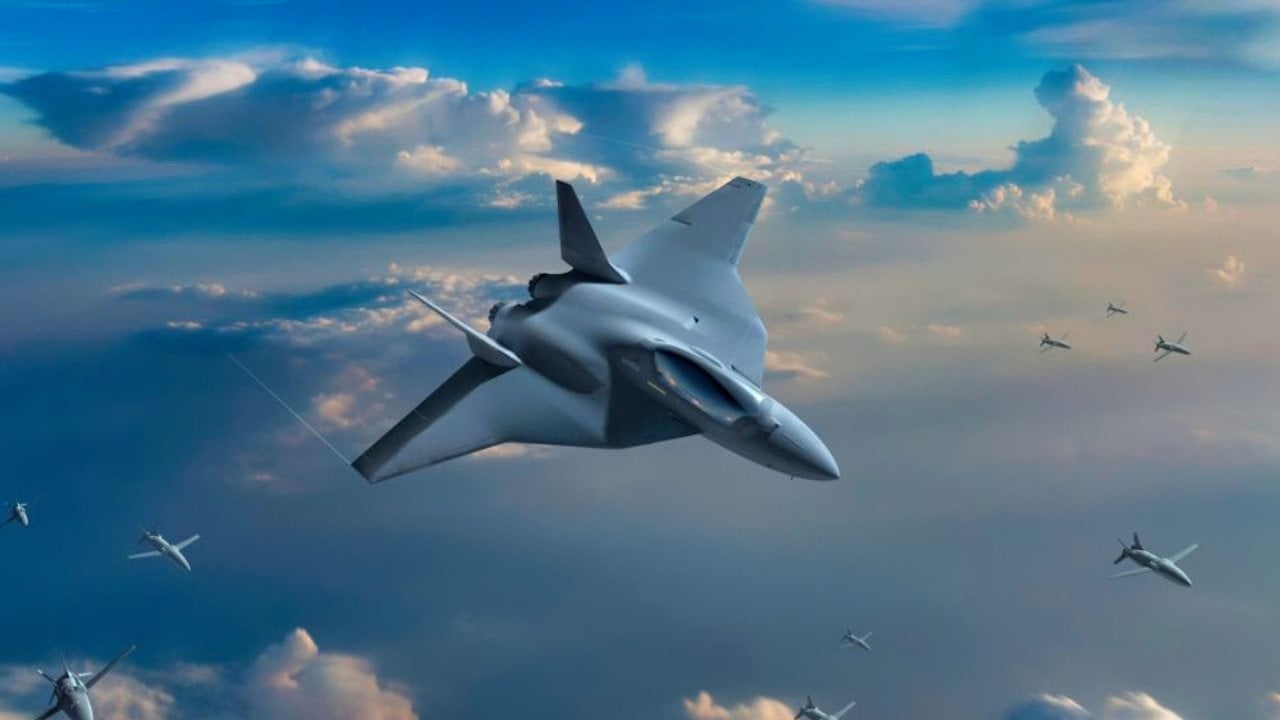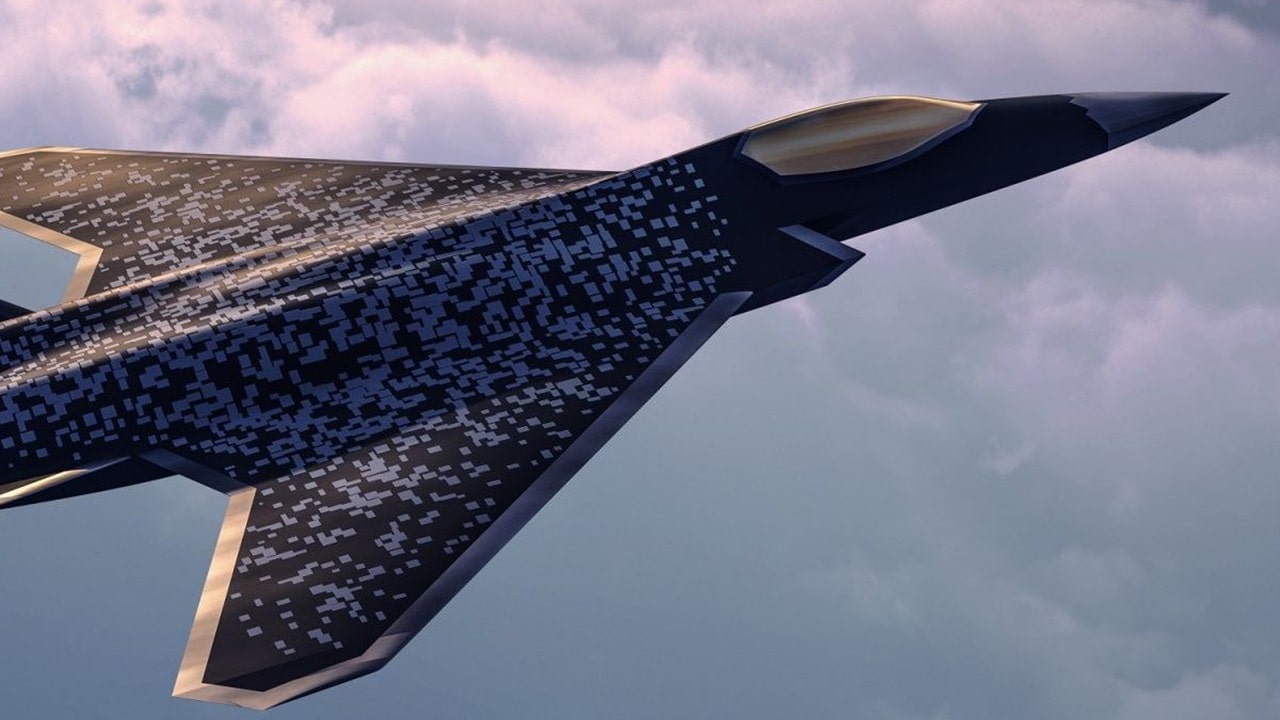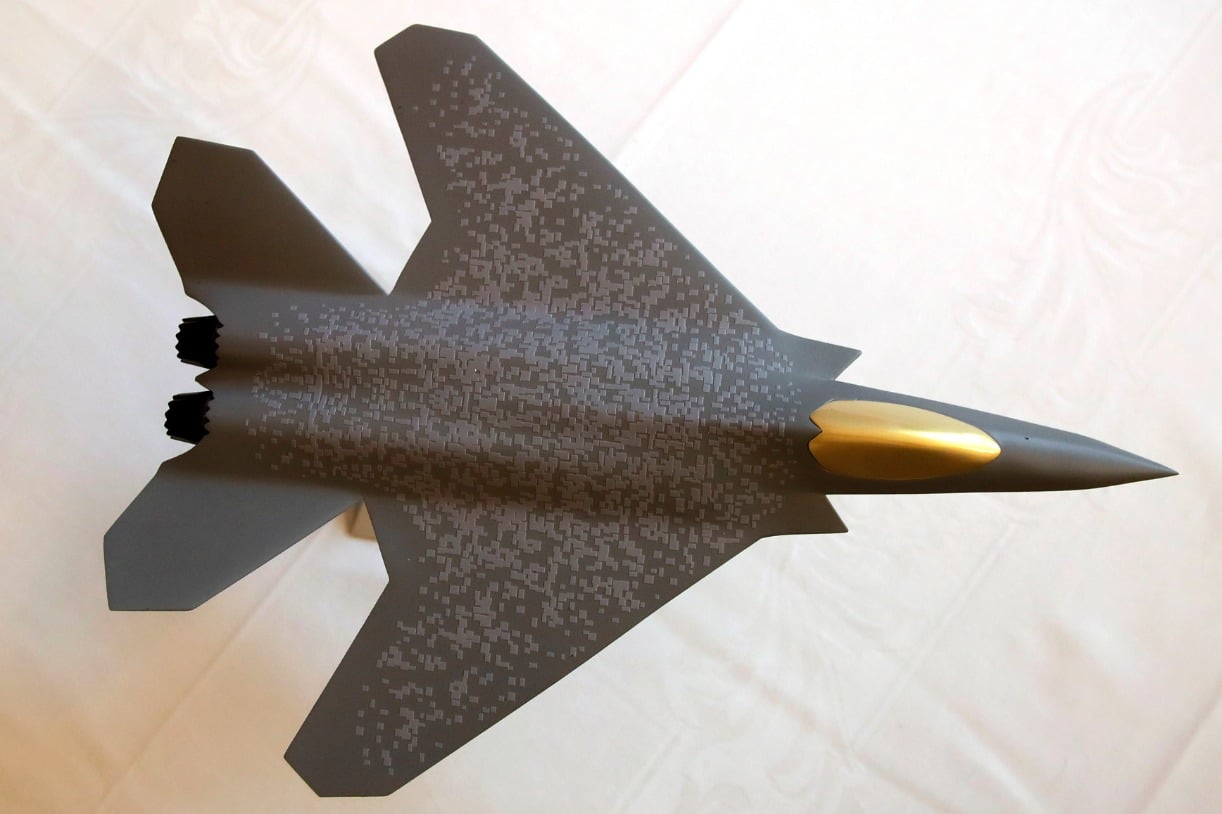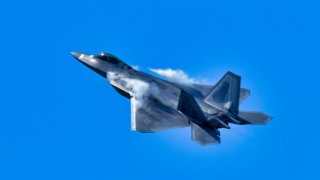Forget FCAS 6th Generation Fighters: F-22 Raptor Needs to Make a 'Comeback'
Britain faces an identity crisis, attempting to maintain global military influence despite economic constraints. The costly Future Combat Air System (FCAS) program exemplifies this struggle. Instead of investing in an uncertain and expensive new system, Britain should consider restarting the F-22 Raptor production line with the United States.
Summary and Key Points: Britain faces an identity crisis, attempting to maintain global military influence despite economic constraints. The costly Future Combat Air System (FCAS) program exemplifies this struggle. Instead of investing in an uncertain and expensive new system, Britain should consider restarting the F-22 Raptor production line with the United States.

-The F-22, though prematurely cut by the Obama administration, remains the world's most advanced air superiority fighter.
-Partnering to produce more F-22s would provide Britain with a superior warplane at a potentially lower cost and strengthen collective defense capabilities, aligning better with Britain's financial and strategic realities.
Forget FCAS! Britain Should Help Restart the F-22 Production Line
Britain is going through an identity crisis. In fact, they’ve been having one since 1945. Their empire is gone. A nation that long defined itself by leadership of a globe-spanning empire has had great difficulty coming back to Earth as just another medium-sized power in a world that is not run according to its preferences.
Brexit, while an important step for the nationalist-populist movement sweeping across so much of the developed world, did not help to allay the identity crisis.
The British economy cannot support an imperial military the way it once did. Nevertheless, London has persisted in its commitment to become a primary world military power again.
They’re investing in the systems designed to accomplish this task. Well, they’re trying to invest in those systems.
Creating Wasting Assets
Britain has two modern aircraft carriers. But operating these behemoths is a challenge. In fact, the British have struggled repairing HMS Queen Elizabeth after it suffered a freakish onboard fire. This has created a significant capability gap in the Royal Navy.
To pay for these monstrosities, by the way, the Royal Navy had to mothball several other ships that it could have used, and it needed to redirect finite resources away from platforms that were cheaper and might have given Britain greater leverage over its enemies.

Now comes the Future Combat Air System (FCAS). The Royal Air Force is trying to build a “systems of systems,” and emulate the U.S. Air Force’s Next-Generation Air Dominance (NGAD) program.
The NGAD is replete with problems. So, too, is the British program.
The FCAS faces budgetary woes. It’s simply too expensive. Especially because it’s not just a plane, it’s an entire ecosystem of next-generation, era-busting aerospace and computer technologies.
Such wonder weapons are a fanciful dream, especially considering the dire financial and economic straits facing Western nations. Britain itself is a tiny country with finite resources. It cannot complete such a herculean project.
Britain Should Stick with the Fifth-Generation Warplane
The British have already purchased a tranche of the American-designed F-35 Lightning II fifth-generation warplane. Trying to reinvent the wheel, as the NGAD and FCAS programs attempt to do, when there are plenty of excellent and advanced warplanes available for purchase, is a waste of limited resources and time.
If Britain is really looking to build something new, they should look to something slightly older than the FCAS: the F-22 Raptor.
Here is the world’s most advanced air superiority fighter, cut down in its prime by a shortsighted Obama administration. Every expert has assessed that the F-22 remains the world’s most powerful warplane and will be for many years to come.
But there are too few F-22s, because the Obama administration killed the production line in 2009. If Britain really wanted to be a pal and to ensure the ideal of collective defense in the air lives on between the U.S. and UK, then they would help restart the F-22 production line.

In the long run, it would be cheaper and more effective – and still allow Britain to have an advanced warplane capability.
Author Experience and Expertise: Brandon J. Weichert
Brandon J. Weichert, a National Interest national security analyst, is a former Congressional staffer and geopolitical analyst who is a contributor at The Washington Times, the Asia Times, and The-Pipeline. He is the author of Winning Space: How America Remains a Superpower, Biohacked: China’s Race to Control Life, and The Shadow War: Iran’s Quest for Supremacy. His next book, A Disaster of Our Own Making: How the West Lost Ukraine, is due October 22 from Encounter Books. Weichert can be followed via Twitter @WeTheBrandon.
All images are Creative Commons or Shutterstock.
From the Vault
Russia Freaked Out: Why the U.S. Navy 'Unretired' the Iowa-Class Battleships
Battleship vs. Battlecruiser: Iowa-Class vs. Russia's Kirov-Class (Who Wins?)


